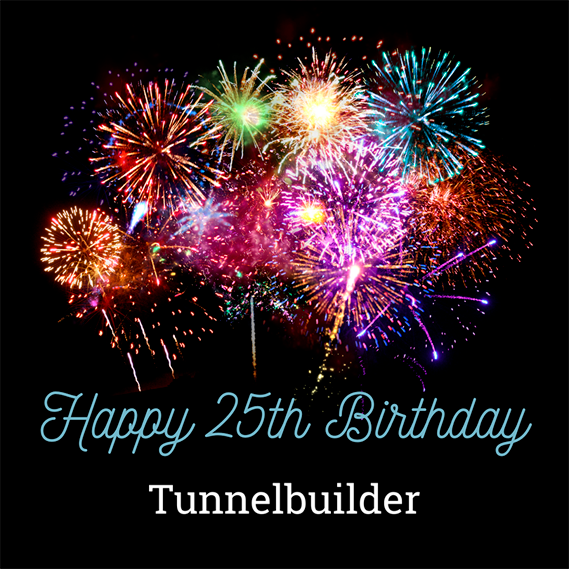Stonehenge Tunnel Inquiry Opens amid Claims for Longer ProjectA public inquiry has opened on 17th February into a plan to build a road tunnel under Stonehenge, the famous circle of megalithic standing stones on Salisbury Plain in southwest England. Stonehenge is one of Great Britain's prime visitor attractions and one of the most famous prehistoric sites in the world. It is designated a World Heritage Site, but it is surrounded by busy main roads running nearby. The inquiry will last until 30th April, and will hear more than 100 witnesses, representing 50 different interest groups. The witnesses will include archaeologists, engineers, historians, environmentalists, local residents, and two separate orders of druids.The Highways Agency wants to build a 2.1 km twin bored tunnel to reroute traffic on the A303 away from the monument and reduce congestion and accidents. A section of the A344 would be closed to restore the natural landscape. Traffic in the Stonehenge area increased 4.1% between 1992 and 2002, compared with 2.4% on other rural trunk roads. If the government gives the go-ahead, the work to create the tunnel could begin in the spring or summer of 2005 and take four years to complete.The project has gained widespread support, in particular of English Heritage who say the aim is to enable people to enjoy Stonehenge and its landscape safely and at peace, free from the noise and clutter of the 21st century. English Heritage owns the 5,000-year-old monument.However, the £193 million proposal faces opposition from conservation groups, including the National Trust, owners of thousands of acres of surrounding land. They argue that the planned tunnel is too short and the building work will damage other important archaeological sites and ancient pathways in the immediate vicinity of Stonehenge. Although the proposed tunnel will take the road out of sight of the stones, its entrance portals will still be within the Stonehenge site. National Trust wants the tunnel to be 4.5 km, more than double the planned length. Other objectors include the Council for British Archaeology, the Campaign to Protect Rural England and Friends of the Earth.Many of the witnesses also spoke at a previous inquiry in 1995 but the recommendations for a long tunnel were rejected on cost grounds, then the entire road scheme dropped in 1996, then reinstated again in 1998. Click
uk/34. Visit
www.highways.gov.uk 10/04.

